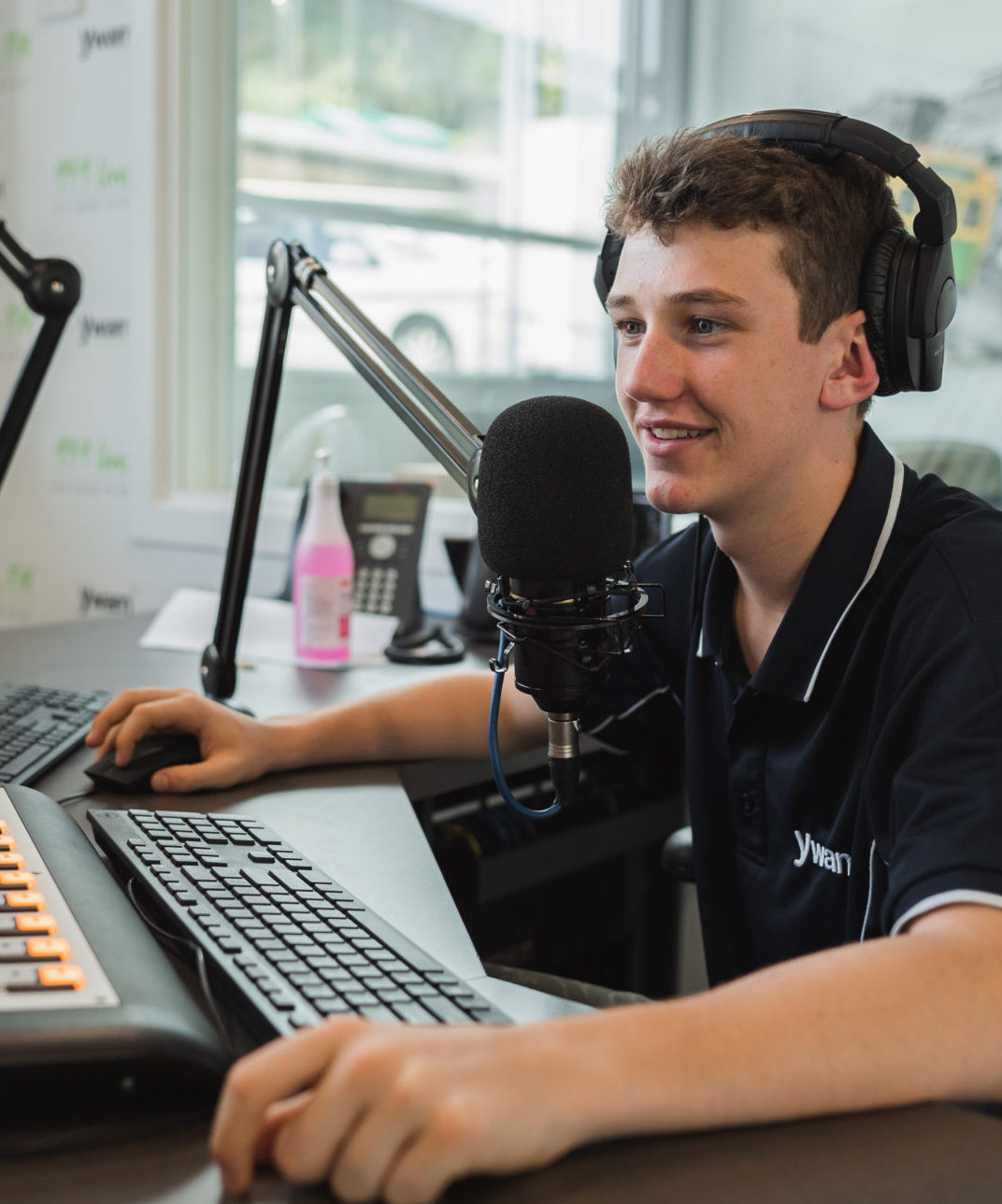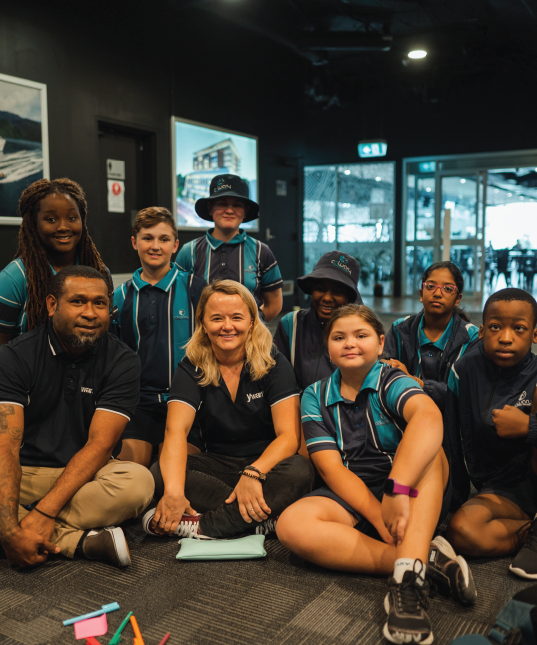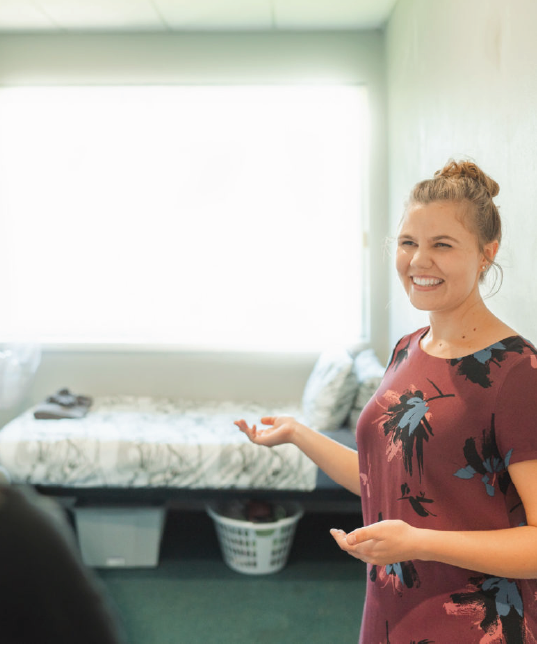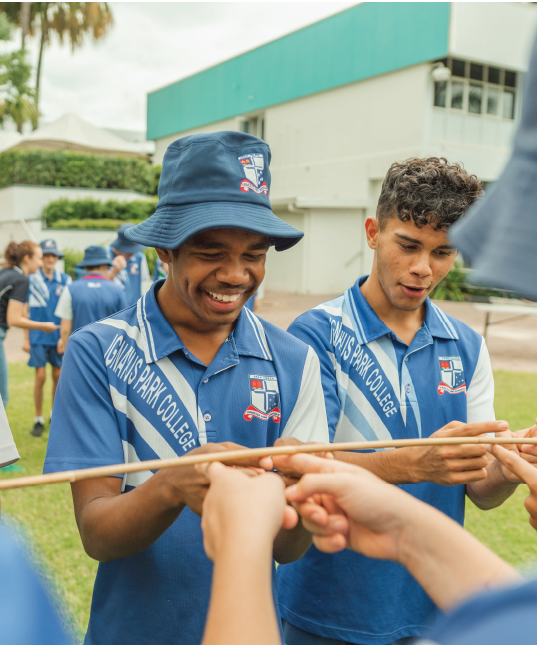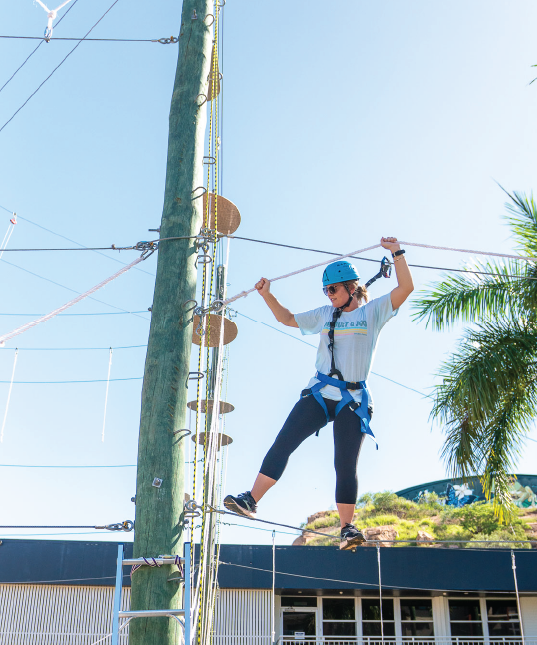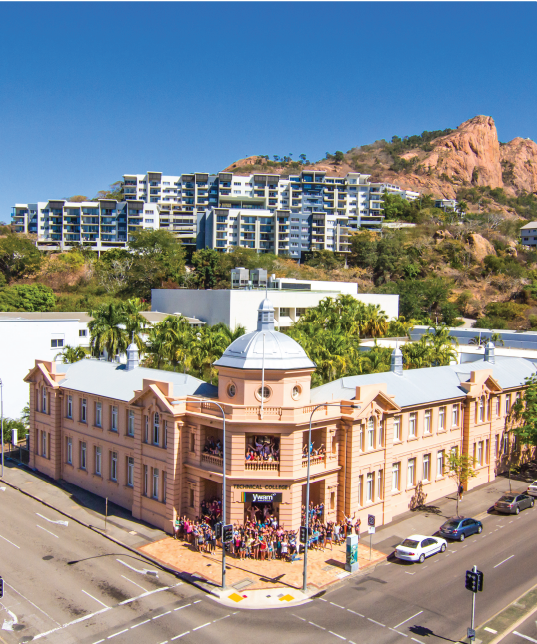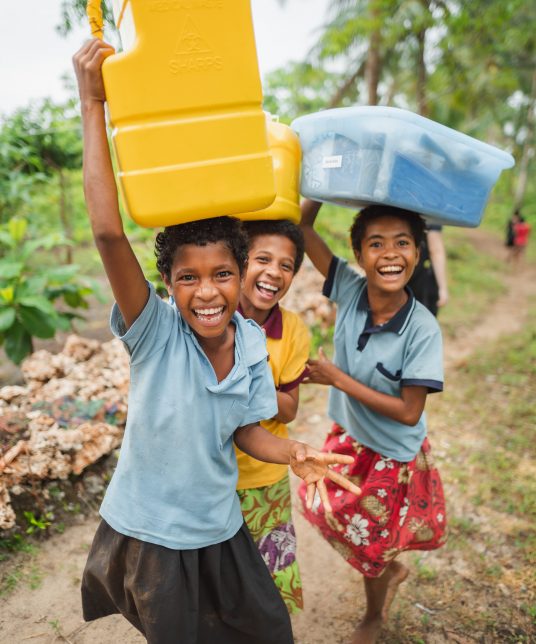“We will name the baby, Jennifer.”
These were the words from a young mother shortly after she gave birth to a baby girl in Bamio, Western Province last week. Jennifer Monipa is the name of one of the midwifery students from the University of Goroka who assisted the mother during the last stages of her birth.
“The woman and her community did well to seek support. It was a great birth with no complications, I was blessed to assist the mother and happy to have the baby named after me!” said Jennifer. Jennifer is one of five midwifery students who served in Gulf and Western Provinces over the last two weeks for their rural placement aboard the YWAM Training and Medical Ship, MV YWAM PNG. The students are participating in the University of Goroka’s Bachelor of Midwifery program, supported by Australian Aid.
University of Goroka Midwifery Coordinator, Clerah Goveh, said the students enrolled in the program are experienced nurses who have been serving in various health centres and hospitals across the country for several years. “The students have chosen to participate in the course to increase the level of services they are able to provide women in their communities. The reason we need more midwives and not just nurses is because we have the highest maternal mortality rate in the Asia Pacific. Rural placements help students gain more knowledge of the rural context, so that wherever they may go, it’s applicable to them,” said Clerah.
Midwifery student, Betty Korugl, from Chimbu Province recalls being approached by a woman who was in labour during a malaria patrol in East Sepik before she started her midwifery training. “She came to us for help, but I was not skilled. I could only refer her to the closest hospital. In that moment I realised I needed to be trained,” said Betty.
Over the past two weeks, the students have participated in a mega-patrol, where multiple outreach health care teams are deployed simultaneously to reach a large area. Alongside YWAM Medical Ships – Australia & Papua New Guinea’s international team of volunteers and health workers from across PNG, the students have performed antenatal checks, administered family planning, educated women, and have assisted with births. Our local knowledge has been teamed with the international knowledge from the volunteers. We all have the same motives to serve the people. I’ve been privileged to work with them,” said Betty.
Over the past two weeks, the students and their team members treated 2,225 patients across 24 villages.
Clerah reflects on the past two weeks of the rural placement with passion in her heart for increasing access to maternal health services. “We must help our women out there, not only in the health centres and hospitals, but we need to go rural; rural where over 80 percent of our people are.” said Clerah.


